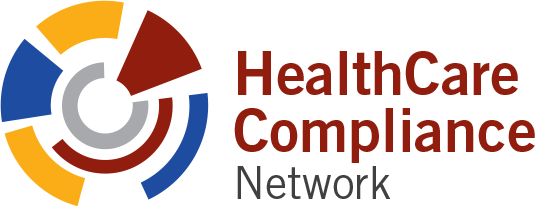A coding audit can be immensely stressful. Even though many practices do well, there are cases (some of them rather well known) involving fraudulent behavior which result in large recoupments and overpayment extrapolations. How well you’ll do depends at least in part in how you respond.
Request for Documentation
The initial correspondence provides a glimpse into why your group is being chosen for an audit. The most common reason is billing aberrancies; payers run claims data from your practice and compare it to other groups of the same specialty within your geographic area. If your numbers are too far outside the ‘norm’, it signals increased potential for erroneous billing.
The typical audit includes anywhere between 40-100 records. You will be advised as to how long you have to respond, if any corresponding forms/paperwork must be filled out, and who you should reach out to with any questions or concerns.
Assembling the Materials
Optimally, the process of gathering all the notes which pertain to the services in question should be performed or directed by a staff member with some degree of billing/coding knowledge. Any instances where required documentation cannot be produced will essentially render that service unbillable and subject to full recovery. Make sure you leave no stone unturned in your attempt to track down all required documentation. Once everything is together, submit all materials to the address given in the instructions.
The Response
It can take anywhere from 2 to 6 months to get your results on the average. When the results finally arrive, you should receive a written overview of the findings, along with instructions on any next steps found necessary, and your rights to appeal and contest the results. You should also receive a spreadsheet or other line-item rendering of all cases reviewed, codes billed vs codes supported, and specific commentary related to same. Any overpayment associated with claims incorrectly paid will be clearly identified.
Appeals
It is important to conduct an analysis of the open issues and determine to what extent the audit determinations are contestable. HCN has extensive expertise in assisting practices determine whether there are sufficient grounds to contest, and in preparing a written appeal.
Upon receipt of an appeal, the payer will revisit the audit considering the counterpoints set forth and make any adjustments they feel are reasonable. Upon receiving the adjusted results, if you continue to disagree, there are usually other options available to continue the case until an equitable resolution is attained.
Lessons Learned
The audit will almost certainly give rise to a heightened awareness of your coding processes and how your providers document. A robust auditing/monitoring program, the likes of which are available to you from HCN, can go a long way toward preventing payer audits in the first place. So, whether you are being audited or would like to look into proactive measures aimed at avoiding one, reach out to us!

